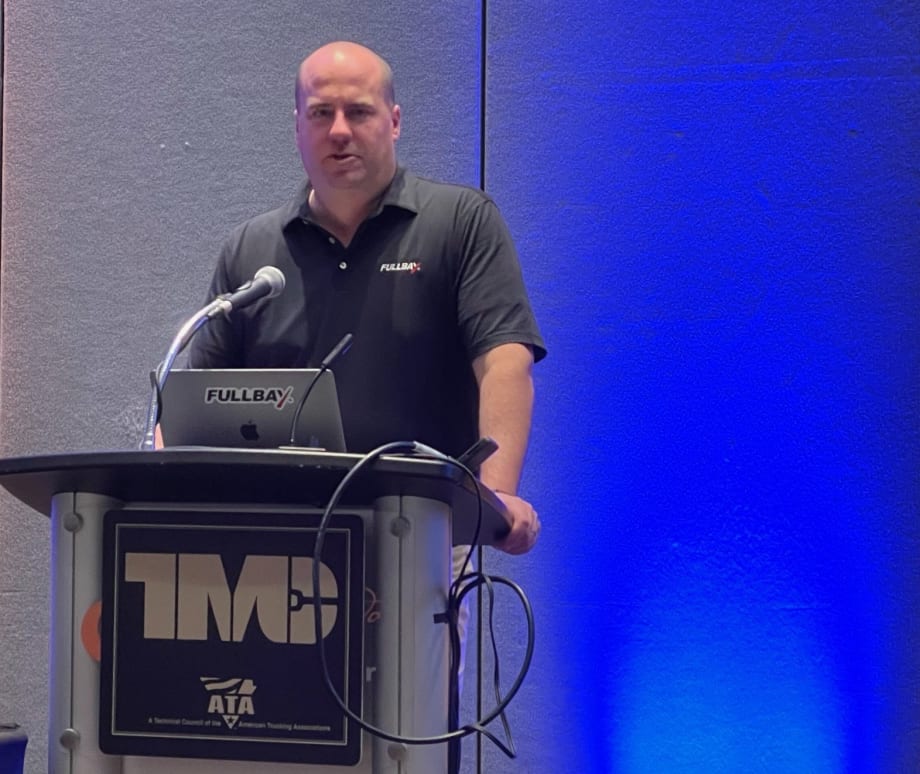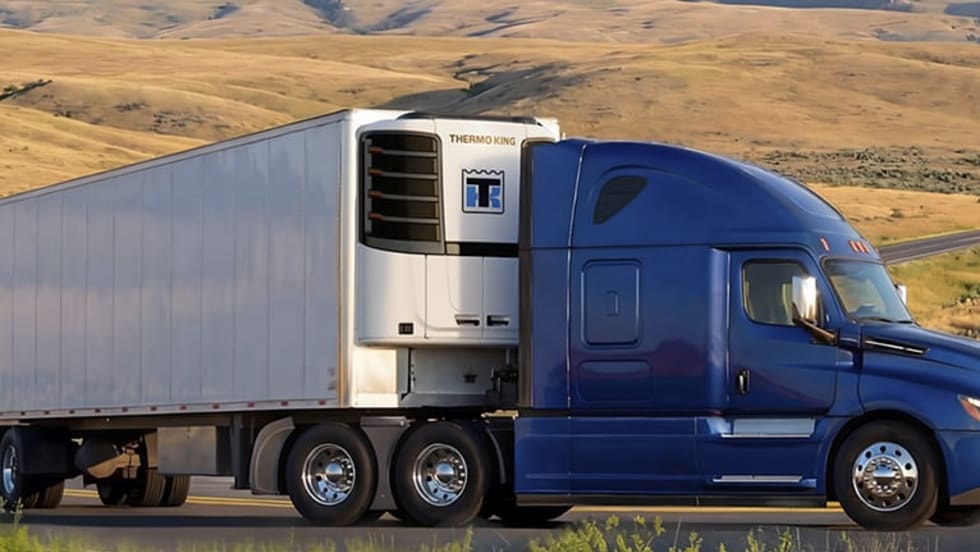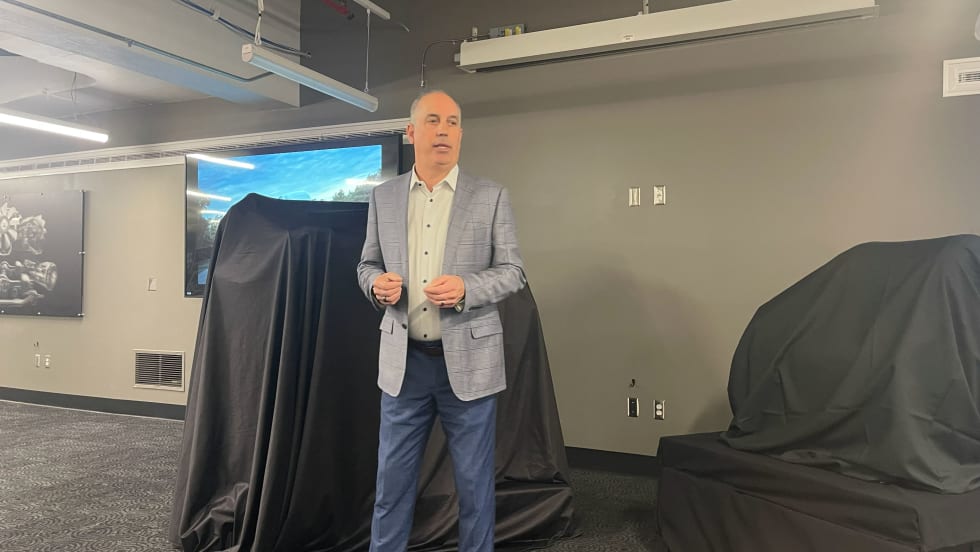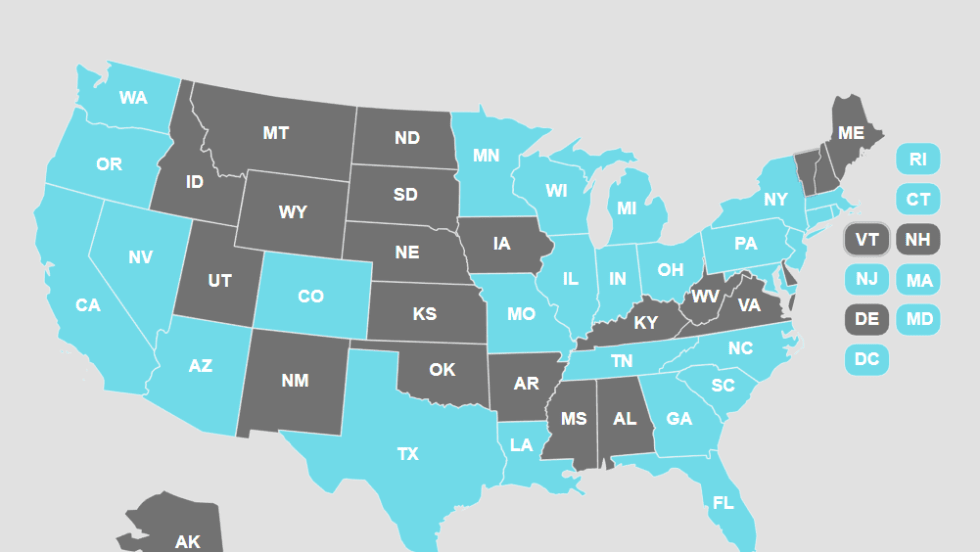Revenues generated by heavy-duty repair shops appeared to have returned to pre-pandemic performance in 2022, according to the third annual State of Heavy-Duty Repair report issued by Fullbay, in partnership with the American Trucking Associations’ Technology & Maintenance Council.
“This year’s report provides repair shops with essential insights and best practices to run their business,” said Fullbay CEO Patrick McKittrick, at a Feb. 26 press briefing at the annual TMC meeting in Orlando. “The report offers commercial repair data you can’t find anywhere else with learnings on shop management, labor challenges and other current industry issues. It’s all designed to provide shops with a tool to benchmark their business.”
Key Findings of Report Include:
76% of shops raised their labor rates in 2022; 24% did not.
25% of shops surveyed were pulling in between $1 to $2 million each year, while 17% reported revenue between $250,001 and $500,000.
19.8% of shops reported having a better handle on their P&L, compared to only 9.8% last year.
McKittrick said that “It’s not surprising that revenues are up compared to 2021. Likewise, the technician shortage is not going away. Not surprisingly, a lot of our customers told us they had increased their labor rate. And I think this is logical, considering that everything costs more.
Per-Job Vs. Hourly Rates
“We see a growing movement to pay technicians on a per job basis instead of an hourly rate,” he added. “There’s really good data on how long a job should take. So, shops are paying a technician for a job that takes two hours, even if it only takes them 90 minutes to complete it. Right now, 28% of our customers say they’re paying technicians a flat rate. And that’s a growing trend in our opinion.”
He also addressed kinks in the supply chain that have been bedeviling shop operations. “The parts shortage is starting to slow a little bit. Only 14% of respondents said that parts shortages are causing large-scale disruptions. And we’re seeing people get more and more creative about finding new ways to get parts quicker.”
“Facing obstacles isn’t new for repair shops; our TMC recommended practices, which are included throughout the report, offer proper assistance for repair shops looking for guidance dealing with these challenges,” said TMC Executive Director Robert Braswell.
The report’s data is based on survey responses from more than 1,600 individuals from shops in North America, Australia, and New Zealand, which operate across commercial freight, logistics, and repair industries. In addition, more than 500 North American businesses using the Fullbay platform were sampled for real-world shop data. Results were anonymized and those surveyed included both customers of Fullbay and non-customers.
The 2023 report is free to download here.













